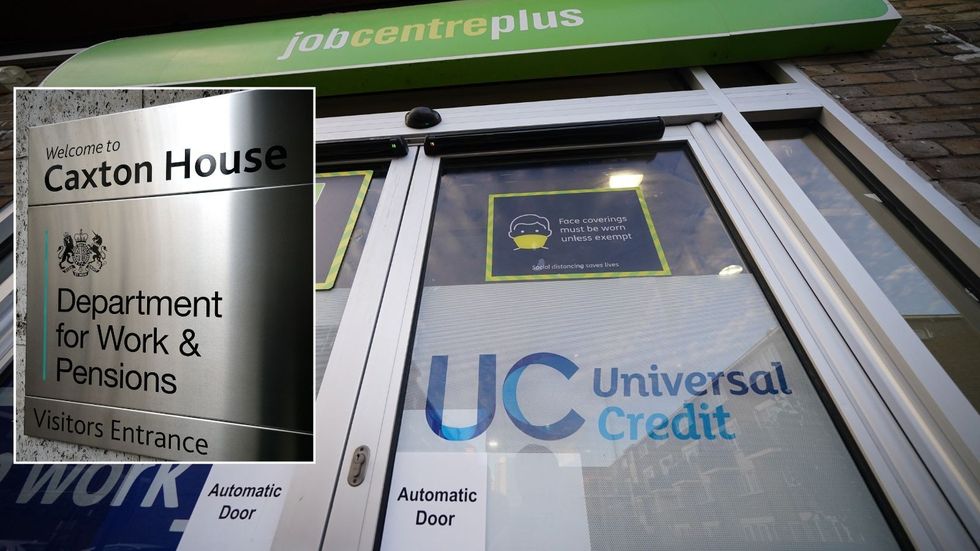Temie Laleye
Guest Reporter

Benefits claimants can receive more money by being signed off sick than actively seeking work, Alison McGovern, employment minister has said.
The minister acknowledged there is "clearly a problem" with incentives in the current welfare system.
Speaking to the Lords Economic Affairs Committee, McGovern said the present system "doesn't work for anybody" as it makes it difficult for the long-term sick to find employment while simultaneously increasing costs for taxpayers.
She described it as "bleak" that rising numbers of young people are being signed off sick with conditions such as mental health problems.
And explained that the welfare system needed to change so that disabled people received help in finding work rather than being left “on the scrap heap”.

The cost of sickness benefits is projected to reach £100bn by 2030, up from £65bn this year. Currently, 3.3million people are claiming incapacity benefits after being deemed too ill to work.
This represents an increase of one million claimants since the Covid pandemic. The number is expected to rise further to 4.1 million by the end of parliament.
Last week, ministers unveiled a back-to-work plan aimed at improving support for job seekers, while acknowledging the need for broader welfare system reform.
McGovern told the Committee there was "clearly a problem with the situation we're in now with social security benefits and the changes over the past decade or so that have meant more likelihood" of people ending up sick in the long-term.
She added: "There’s the headline rate issue and there’s also some process issues.
“The current system doesn’t work, it doesn’t work for anybody … Universal credit was supposed to be designed as a system that would strongly incentivise work and it’s turned out not to do that.”
Shaun Butcher, deputy director of disability analysis at the Department for Work and Pensions (DWP), said that it was unclear how much the gap in payment levels had worsened the problem but stressed that “those incentives are quite powerful” for people claiming benefits.
Experts have highlighted that those on incapacity benefits can receive approximately £5,000 more per year than jobseekers, with fewer conditions attached.
McGovern acknowledged that the gap between different benefit categories has grown wider over time. She said: "It's definitely the case that the difference between being in the old JSA unemployed bit of the system, and the ill health, limited capacity for work-related activity group - the gap has widened."
The minister blamed repeated Conservative crackdowns on jobseeker benefits for exacerbating the disparity between payments for the unemployed and long-term sick.
McGovern outlined plans for reforming the welfare system through a green paper due next year.
The minister emphasised the need to lower barriers between benefit categories, stating: "We need to lower those barriers and to try to create a system that doesn't place people in a binary category that it is unlikely that they will escape from."
She proposed placing work coaches from job centres in GP surgeries and other locations.
The minister also called for increased occupational health support at work to prevent people from going off sick.
McGovern noted that doctors often see patients whose primary issues relate to work, arguing for "a much closer relationship" between medical professionals and the DWP.
Find Out More...